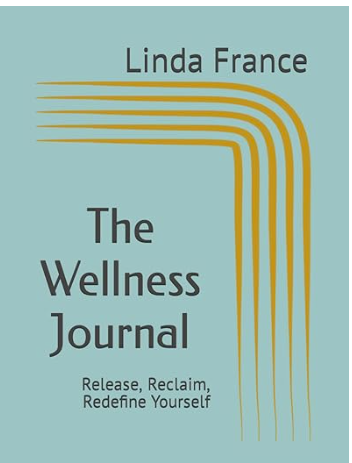The Role of Journaling in Managing Depression and Anxiety
Journaling is a powerful yet simple tool that can help manage depression and anxiety. By putting thoughts and feelings onto paper, journaling provides an outlet for self-reflection, emotional clarity, and stress release. Whether you prefer free-writing, structured prompts, or creative expression, the act of journaling can be a therapeutic addition to your mental health toolkit.
Self-Reflection and Awareness
One of the most significant benefits of journaling is its ability to enhance self-awareness. When you write about your experiences, emotions, and thoughts, you’re creating space to examine patterns and triggers in your mental health. For example, regularly documenting moments of heightened anxiety can help you identify specific stressors. This increased awareness allows you to make more informed decisions about coping strategies and lifestyle changes.
Emotional Clarity
Depression and anxiety often create mental clutter, leaving you feeling overwhelmed or stuck. Journaling provides a safe space to untangle these emotions and gain clarity. By writing freely and honestly, you can explore underlying fears, frustrations, or hopes that may be difficult to articulate otherwise. This process not only validates your feelings but also helps you organize them, making them easier to address.
Stress Release
The act of journaling itself can be a stress-relieving ritual. Taking time to slow down and write engages your mind and body in a calming activity. Research suggests that expressive writing can lower stress hormones and improve overall mood. For people with anxiety, focusing on gratitude or listing positive experiences in a journal can redirect attention away from worry and toward moments of joy or appreciation.
Types of Journaling for Mental Health
There are various approaches to journaling, and finding the right one for you is key. Here are a few methods to consider:
- Free-Writing: Let your thoughts flow without worrying about grammar or structure. This unfiltered approach allows you to release emotions in real time.
- Gratitude Journaling: Write down three things you’re grateful for each day. This practice can shift your perspective and foster a sense of positivity.
- Prompt-Based Journaling: Use guided prompts to explore specific emotions or topics, such as “What makes me feel calm?” or “How did I handle stress today?”
- Mood Tracking: Record your mood daily, along with notes about significant events or habits. Over time, this can help you identify patterns.
Tips for Starting a Journaling Practice
If you’re new to journaling, keep these tips in mind:
• Set a Routine: Choose a consistent time each day, such as before bed, to dedicate to journaling.
• Create a Comfortable Space: Find a quiet, relaxing environment to write.
• Be Honest: Write without judgment or self-censorship. This is your safe space.
• Keep It Simple: Don’t pressure yourself to write pages—even a few sentences can be impactful.
Journaling is a flexible, accessible way to support your mental health journey. By fostering self-reflection, emotional clarity, and stress relief, it empowers you to navigate depression and anxiety with greater resilience. Whether you write daily or as needed, journaling can become a trusted companion on your path to well-being.
Here are some journals we have created to help you on your journey:
This journal is a 30-day gratitude journal and it’s a wonderful place to remember what you are grateful for every day and reflect upon even the smallest accomplishments for the day. As you reveal what you are grateful for and your accomplishments, you will now have a better vision of your future and develop some habits of change towards a more positive life.

The Wellness Journal: Release, Reclaim, Redefine YourselfGutentor Advanced Text
This journal is all about you! It’s a wonderful place to dream of your future, release your past, and learn more about yourself in the present. Journaling can help you release past hurts, hold yourself accountable for present goals, and help you dream big dreams for the future. Whether it’s for your personal life, career, or health – journaling can help you visualize how you see yourself now and in the future.
You are beautiful, smart, talented, and strong. Be kind to yourself and know that amazing things are coming your way!

Transform Your Mind Journal: A Journey to Positive Thinking
In this journal, we’ll explore the power of positive thinking, providing you with research-based insights, practical exercises, and reflective prompts to support your journey towards greater happiness, resilience, and fulfillment. Throughout these pages, you will find prompts, exercises, and reflections that encourage you to explore your inner world, challenge limiting beliefs, and celebrate your progress. Whether you are looking to enhance your mental well-being, overcome personal challenges, or simply infuse more positivity into your daily life, this journal is your companion on the path to a brighter, more optimistic outlook.


Your writing doesn’t just explain things; it transforms the way we see and understand the world around us.